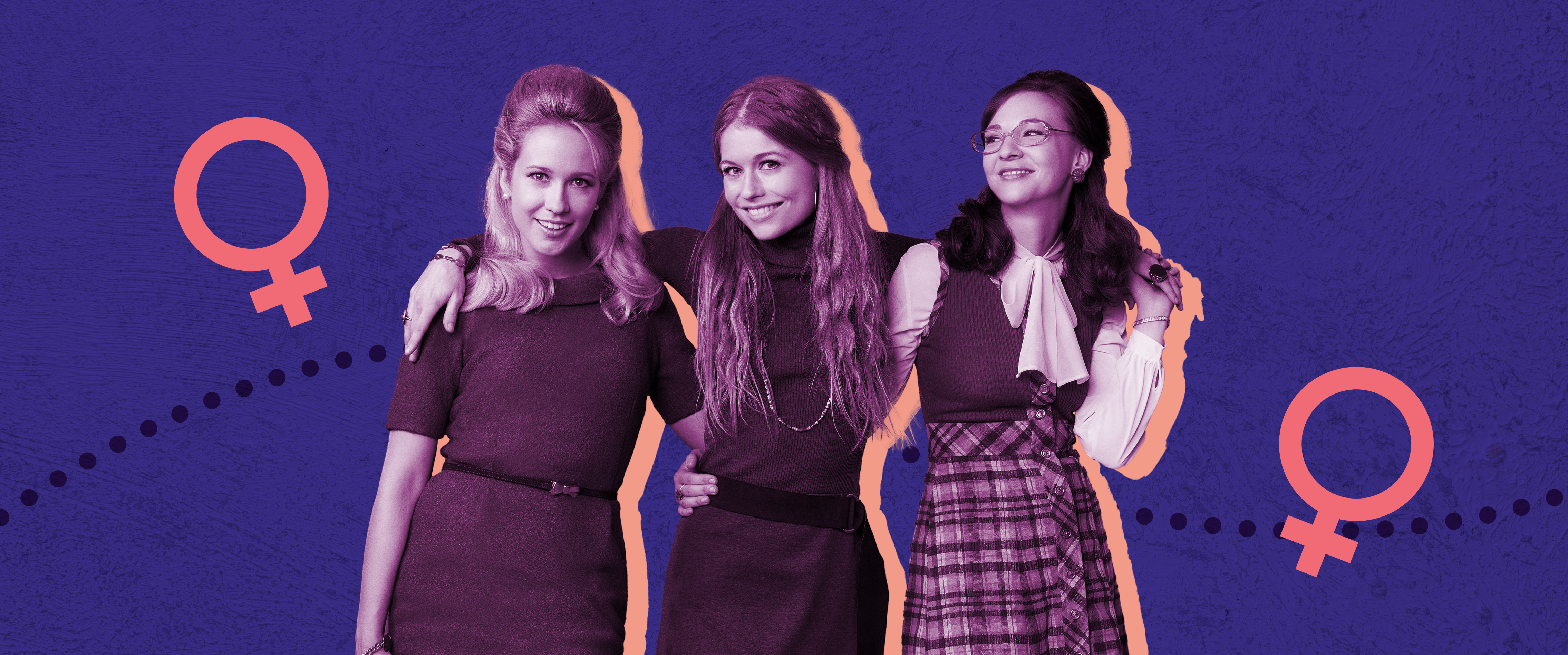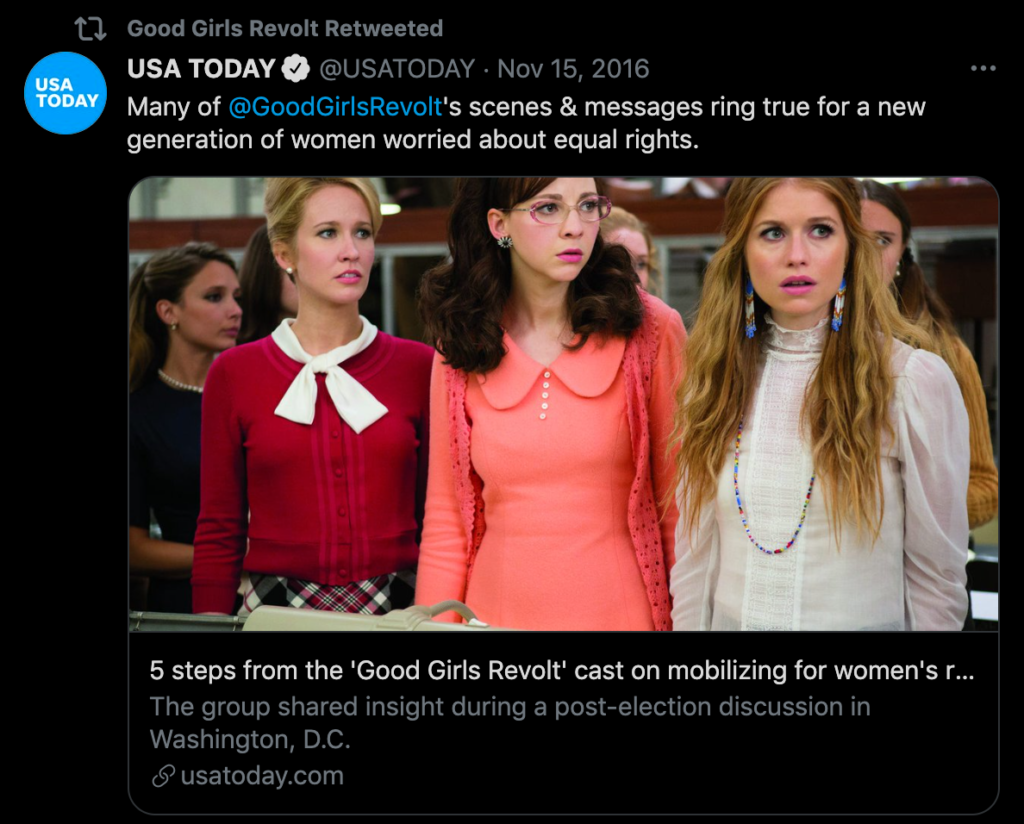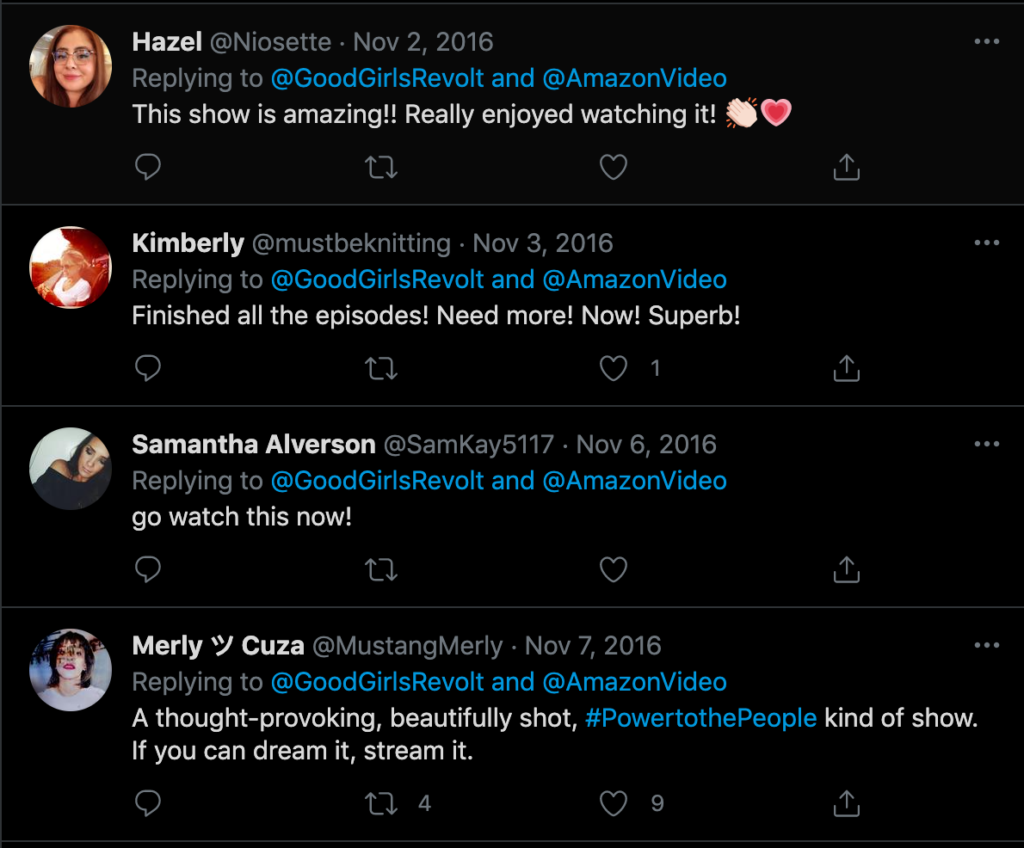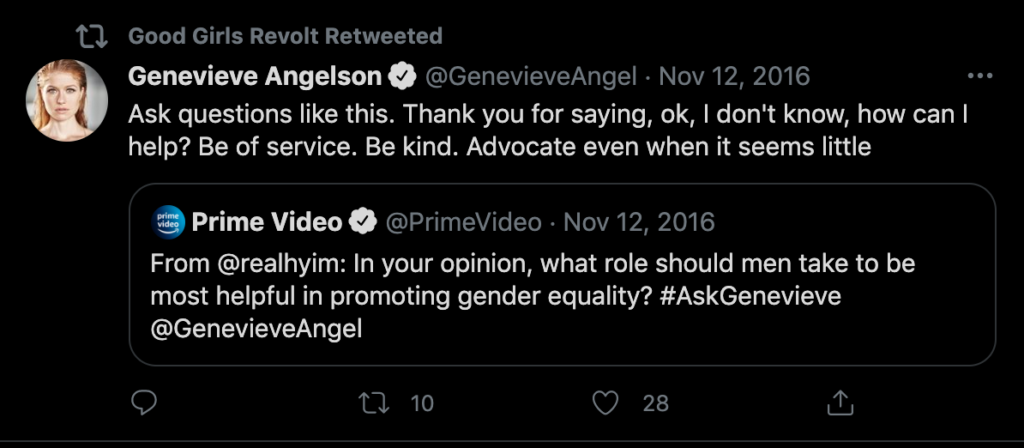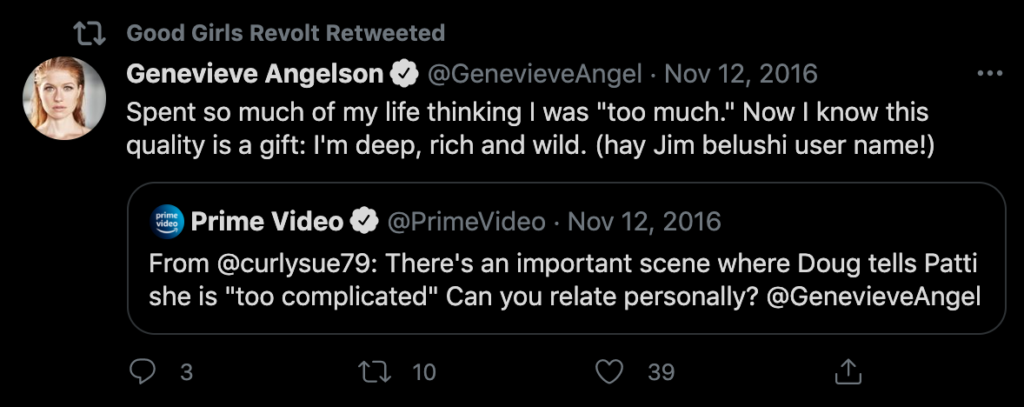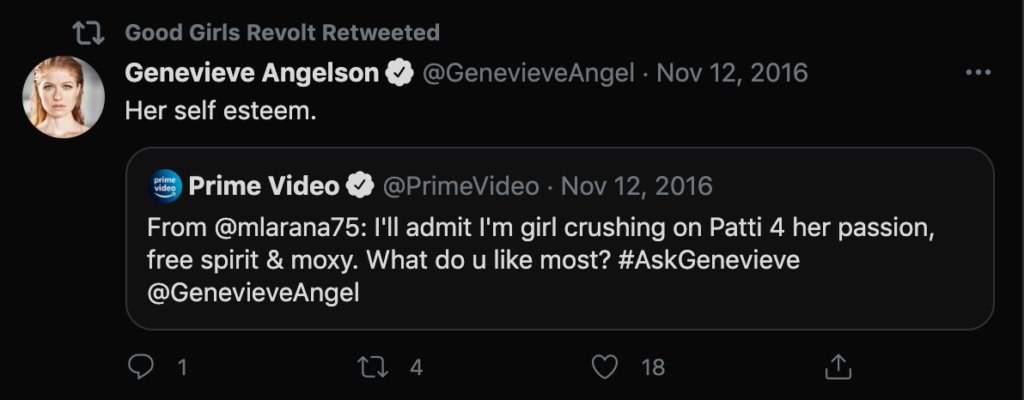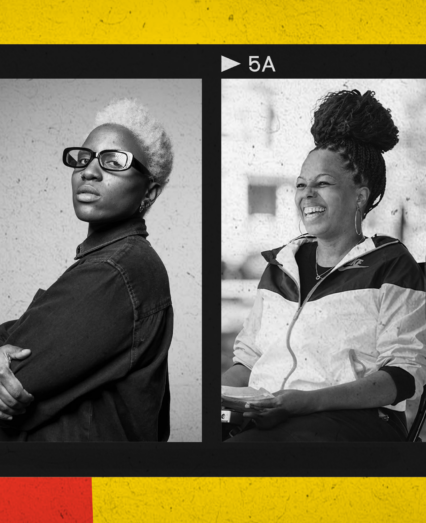March marks the celebration of Women’s History Month, and as a young woman in the media and communications industry, I understand the importance of recognizing the women who have come before me to make my experience possible.
In 2016, Amazon Prime released the television series Good Girls Revolt about the genesis of women becoming prominent figures in the media by fighting back against injustice in the 1970s. What many people do not know is that this is a true story about a journal called Newsweek, and the “dollies” that protested against sexism.
What is Good Girls Revolt?
The series is based off of Lynn Povich’s book, The Good Girls Revolt, which is about her experience as an American female journalist and how she and 45 other women sued Newsweek for their blatant sexism and discrimination in the workplace. The show mirrors history, where female workers did the majority of the work and research for stories, and yet they were given no credit and “barred from being promoted to reporter by a traditional workplace system that favors men” (Vanity Fair).
As soon as the show premiered in 2016, it was immediately a hit with the public.
Povich worked with the creators of the show to make sure there was as much historical authenticity as possible. There is a scene where a male writer has to hire a researcher, and everyone in the office tells him to base it off of the woman’s waist size. The men in the office also talk about not hiring a woman if she is too much of a “prude.” That is just one of the real-life examples of how women were treated in the workplace in the 1970s.
Even though the show is an adaptation of reality, it isn’t exactly perfect. Creator and producer of the show, Dana Carlo, told Vanity Fair, “[Povich] held our feet to the fire on a few things, but I agreed with all of them… The biggest one was like, ‘If the men were this nice, we wouldn’t have had to [sue].’”
The best part of the premiere of the show was the conversations that took place online. Many of the actors and actresses that worked on the show spent a lot of time traveling and using the publicity of the new show to promote equality. Genevieve Angelson, the actress who plays Patti on the show, took to Twitter to interact with fans and talk about social justice issues.
Why do we care?
The story of Lynn Povich and the 45 other affected women is a true inspiration that deserves remembrance. Even though the women did eventually settle with Newsweek, they set the precedent for women’s rights in the media industry. With social injustice so prevalent in today’s political climate, it is important to remember your privilege because of the hard work of others, and how you can use that privilege to change the world for the better.
Without these brave women, non-profit organizations like Women’s Media Center (WMC) would not exist! WMC was created to “raise the visibility, viability and decision-making power of women and girls in media and, thereby, ensuring that their stories get told and their voices are heard.” This website is a perfect news source to add to your browser just in time for Women’s History Month.
You can watch the series, Good Girls Revolt on Amazon Prime if you want to learn more about the story, or you can read Povich’s novel.
We’ll leave you with this:
